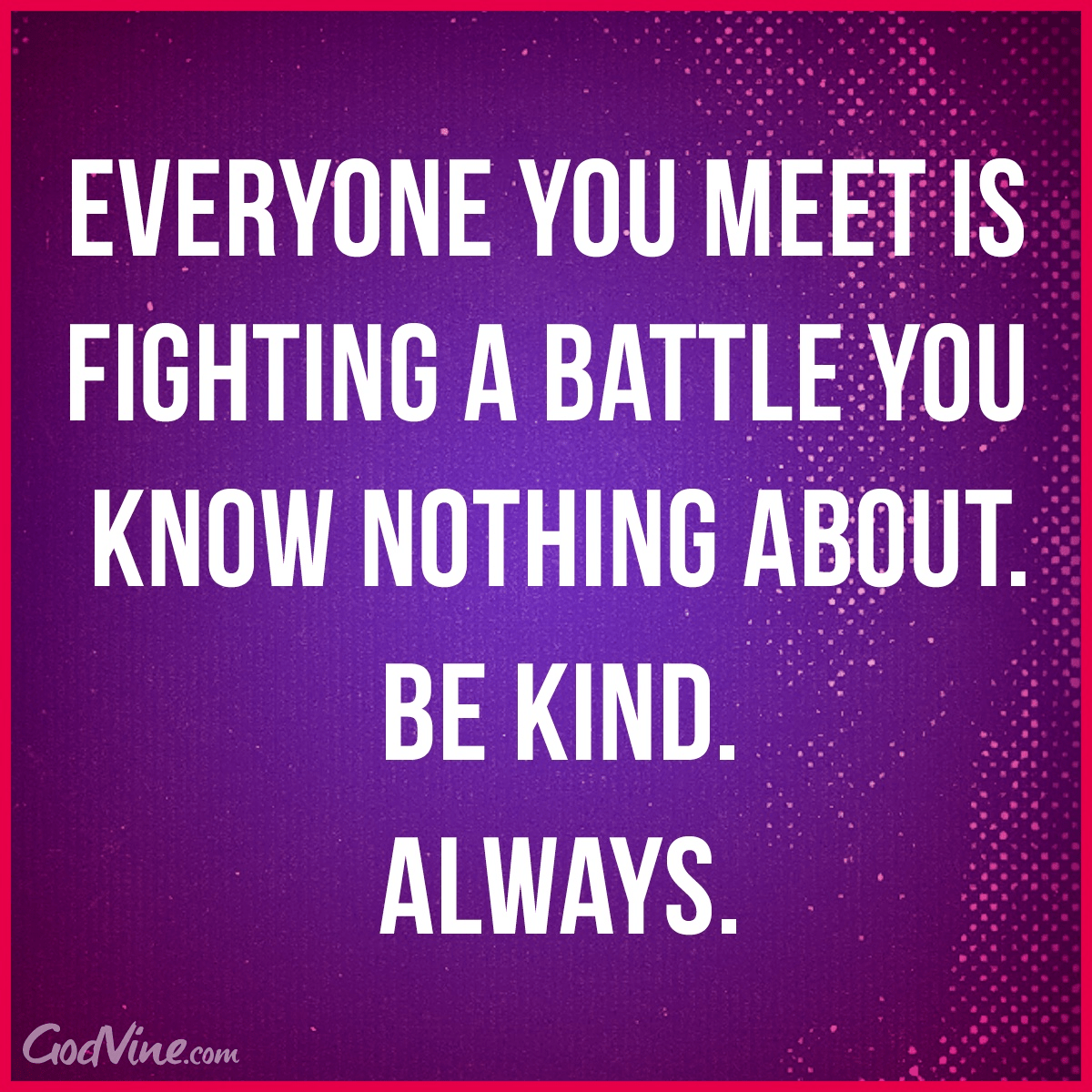 |
| www.ibelieve.com |
Our second lesson? Humans need to feel safe. Free from judgement. Embraced just as they are, all tattered and torn. Why? Because unless they feel safe they'll never tell us their stories. Unless they can cry right there in front of people--strangers, even--without fear, they won't say a word.
At this workshop, twenty-two of us, strangers one and all, sat in a circle and bled onto the page for 10-15 minutes at a time to prompts like these:
- The hardest thing...
- What I didn't tell you then...
- A time you acted one way, but felt another...
- Dinner at my house...
- I picked up the phone...
- A birthday party...
At the end of fifteen minutes, we read what we had written. This isn't one of those workshops that invites you to read your piece if you'd like to...because you're so proud of it. No--everyone read what they had written. It wasn't the quality of our prose that mattered, but the depth of feeling and the honesty that went into it. There were tears and there was laughter. There were breakthroughs. Transformations. Victories.
Here's one piece: A time I acted one way, but felt another...
Visiting hours have ended. The lights have been turned down for the night. Except for an insistent call bell somewhere down the hall, the floor is quiet.
I'm standing at the nurses' station with the attending on the case, Dr. Bush, and a man he introduces as the husband of the latest after-hours admission.
Dr. Bush presents the case in standard rhythm and verse: "The patient is a 46 year old Caucasian female who presents with a one month history of shortness of breath and cough, a twenty-five pound weight loss, and night sweats. She is being admitted for further evaluation and treatment."
He slips her X-rays into the viewing box, and there it is--the smattering of hazy white balls in both lungs that shouts the word "cancer."
Dr. Bush glances at the patient's husband. "Paul?"
The man straightens his shoulders and looks me in the eye. "The word cancer is not to be used around my wife. Do you understand?" he says. A tear escapes. "It would kill her if she knew."
Suddenly, what appeared to be a sad but straight forward case becomes a moral dilemma.
Dr. Bush repeats, "Doctor? Do you understand? She is not to hear the word cancer. Tell her anything, just not that."
The name of this game is "Let's Pretend." Let's pretend that the patient doesn't have cancer. That it's something else. Let's pretend that this will somehow make it easier for her. That it will erase her worry, relieve her pain, give her hope.
But, what am I supposed to say when she asks, "What's the matter with me, Doctor? What did you find?"
That pneumonia sometimes presents like this? That even adults can develop asthma later in life? That we'll get to the bottom of this, don't you worry?"
How is she going to prepare for the end? Who will be there to help? Who will stay at her bedside and hold her when she cries?
How will she say goodbye to her children?
How will she plan her funeral? Who will choose the music and prayers?
So...no, Dr. Bush. I do not understand. It isn't right to lie. This isn't the time to pretend.
I pick up my stethoscope and start down the hallway to the patient's room.
So...what will it be? Truth, or consequences?
*
Go ahead. Give it a try. Tell us what, for you, was the hardest thing. What you wish you had done differently. What you wish you had said but didn't. You have fifteen minutes. Go!
Then, find a safe person and read it to him or her.
*
 |
| www.youtube.com |
*
jan










No comments:
Post a Comment